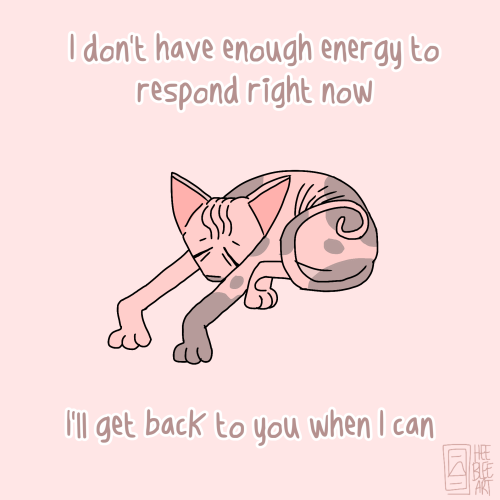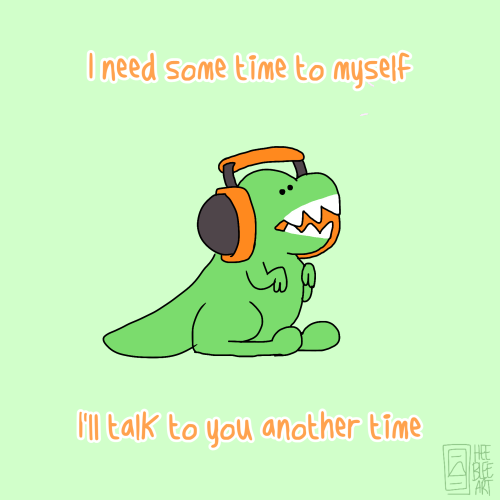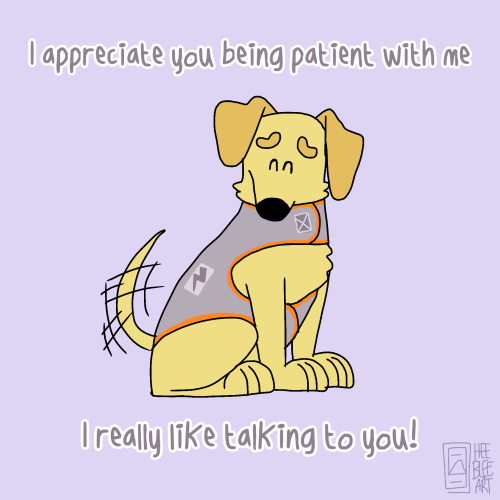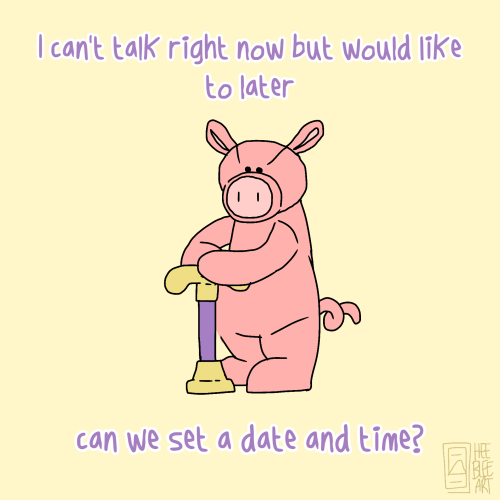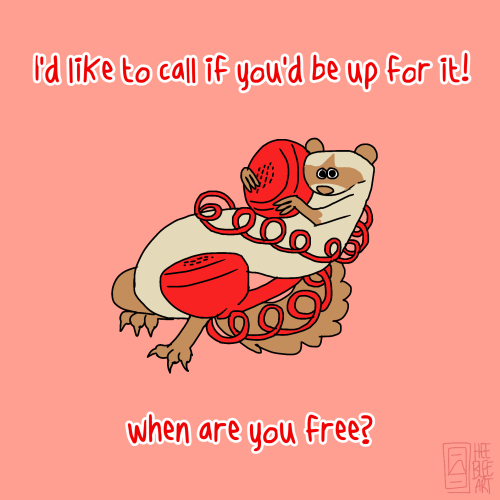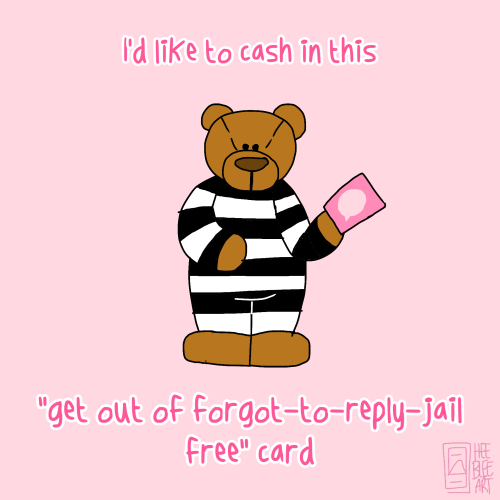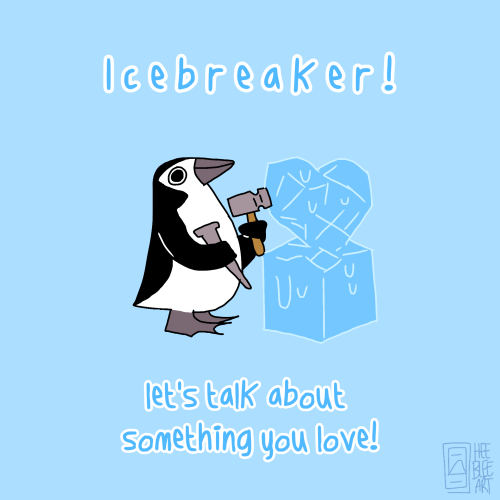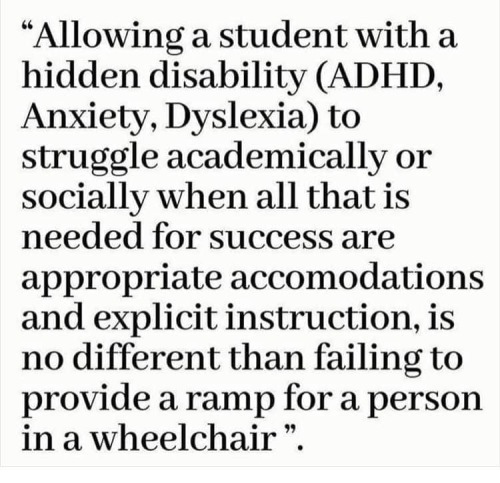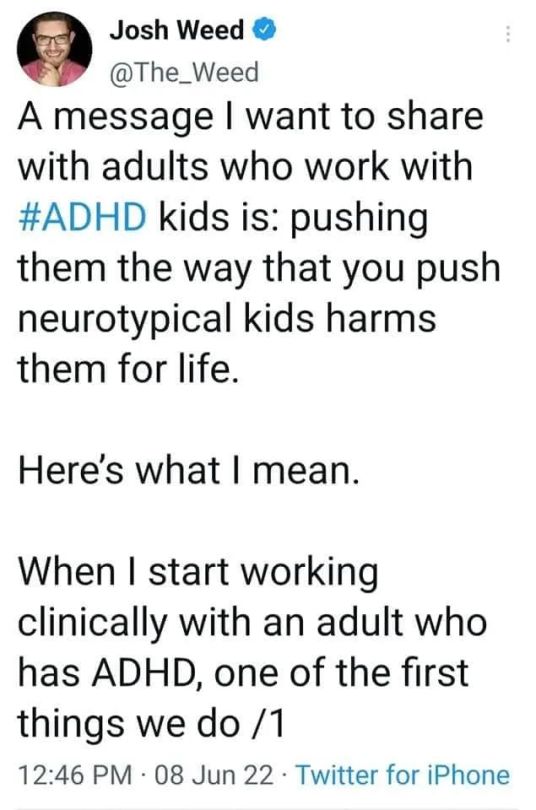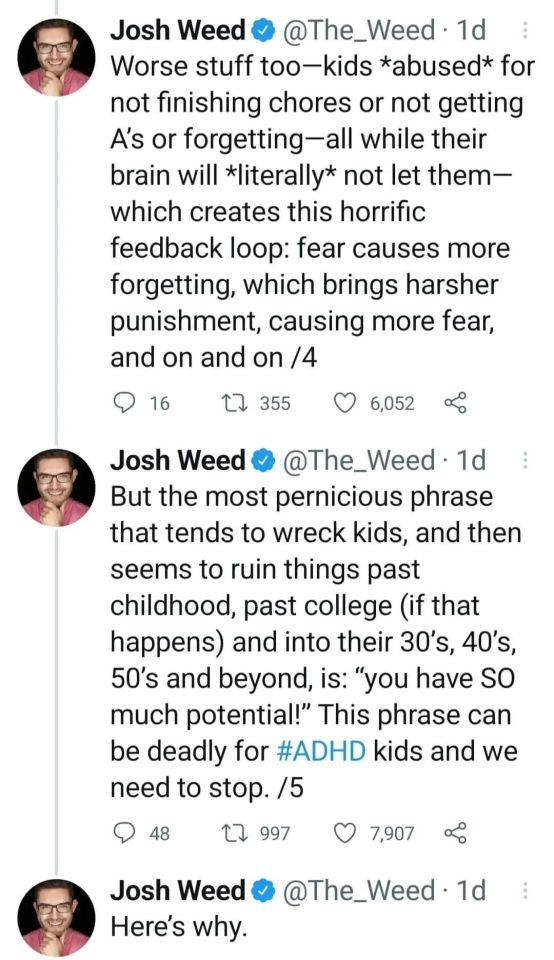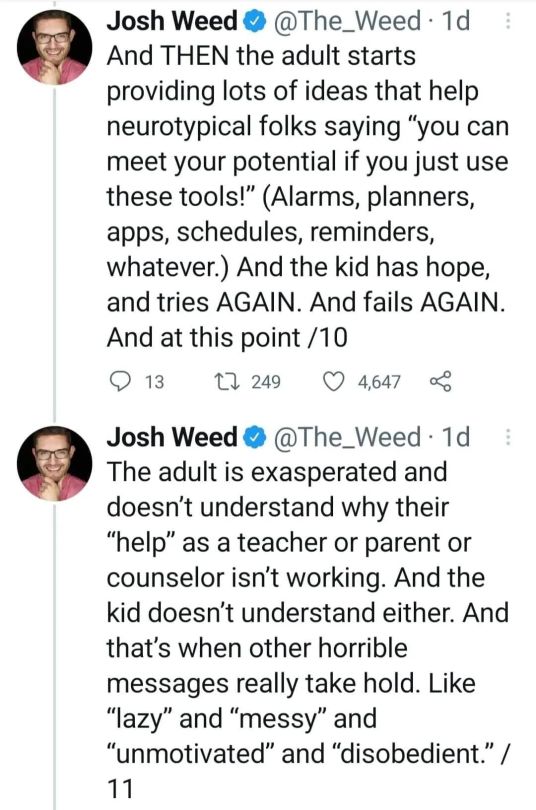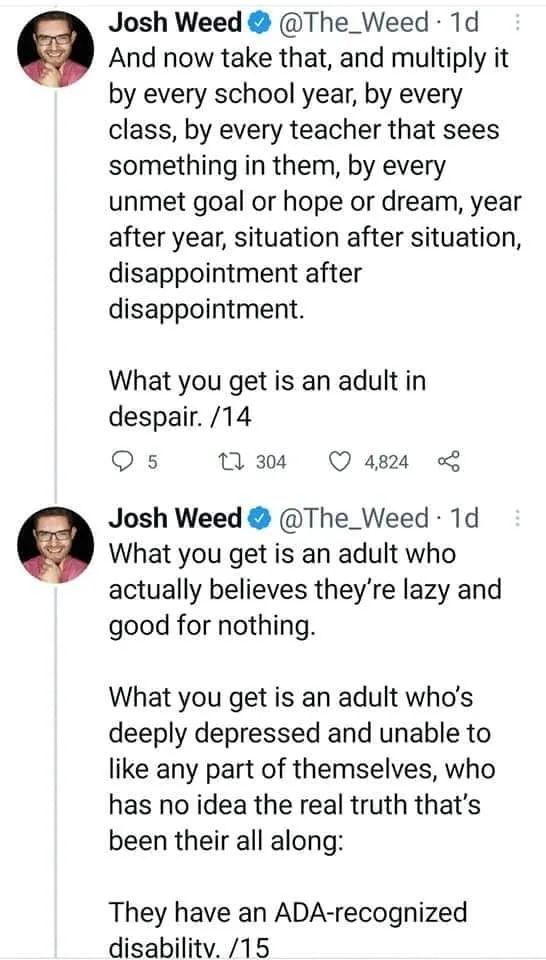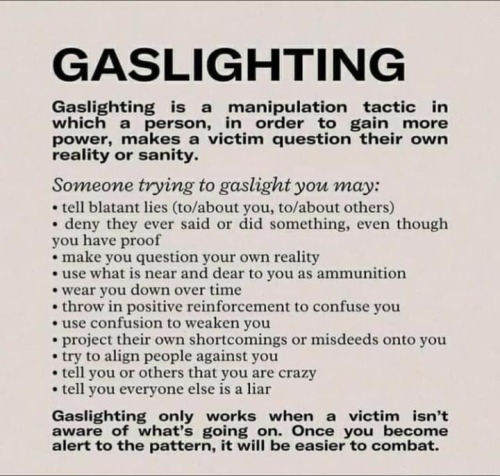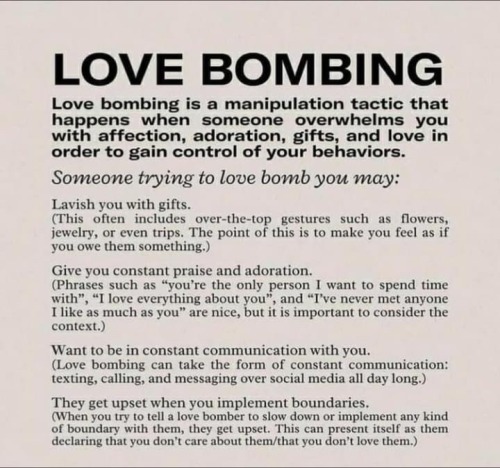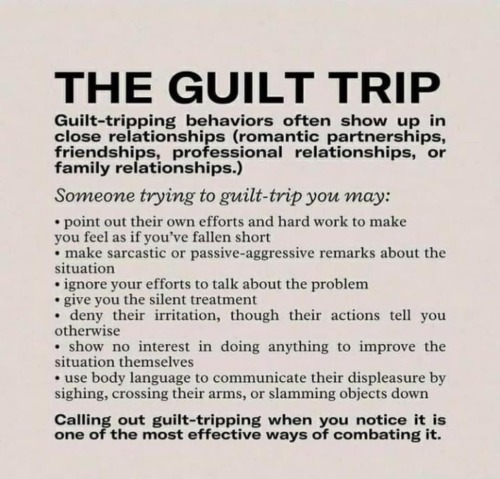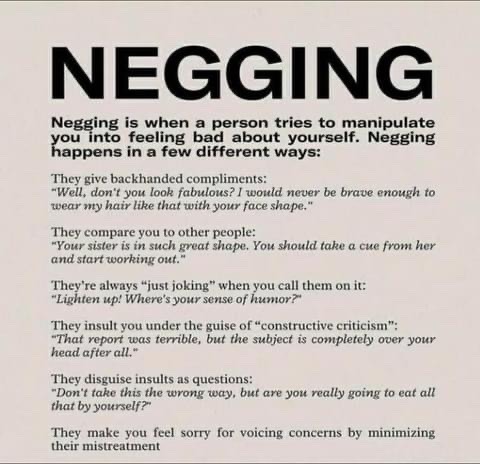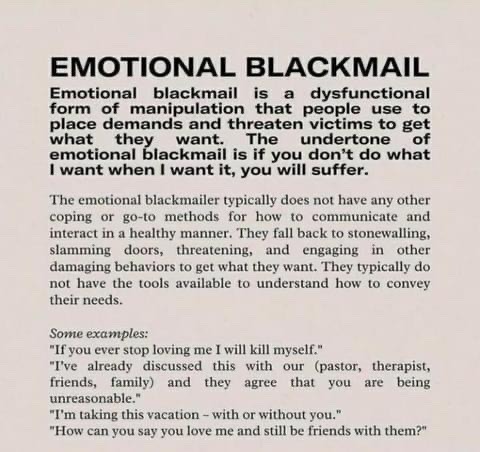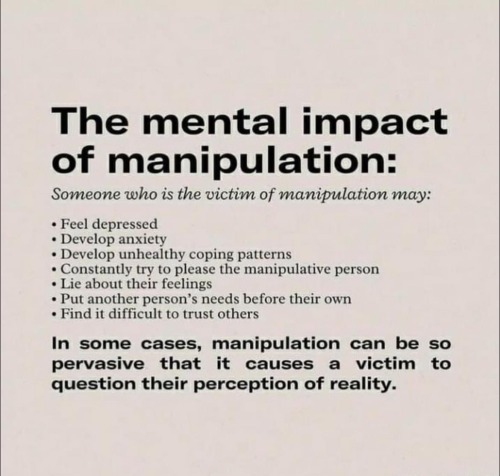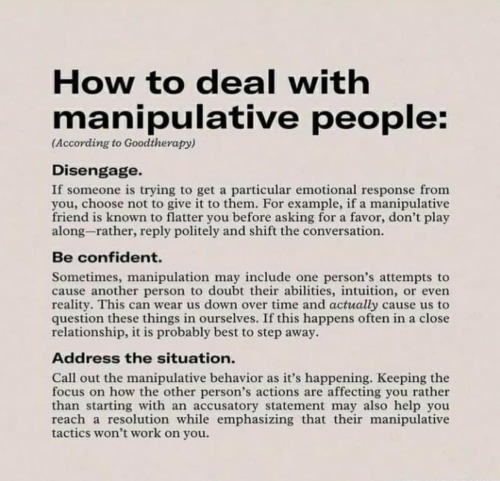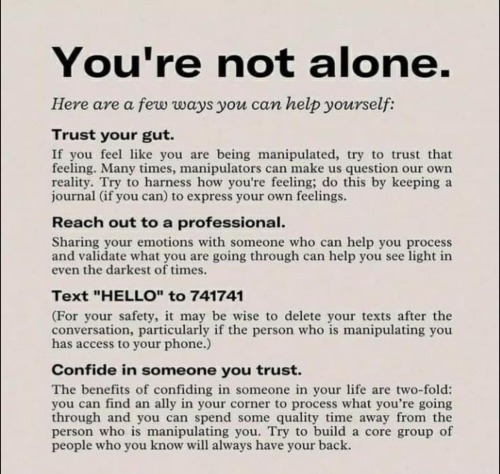Other Facts About BP-II:
For anyone wondering what the difference between type 1 and type 2 bipolar disorder (BP-II), this graphic is really nice. For the record, I’m type 2.

Unipolar Major Depression is also known as Major Depression Disorder. Another Graphic that helps compare the two, and provides references for normal moods, bereavement depression (after a loss of a loved one, for example,) and Cyclothymia:

Other facts about BP-II:
Bipolar Type 2 Patients do not receive full manic episodes, which means they will not exhibit the psychotic symptoms such as delusions and hallucinations associated with Manic episodes in BP-I patients.
Bipolar Type 2 patients are more likely to commit suicide than their Type 1 counterparts
Those with bipolar type 2 cycle from Hypomania to Severe Depression more frequently than Type 1 does from Mania to Severe depression
BP-II are more likely to experience rapid cycling than Type 1
BP-II patients typically experience longer depressive episodes than their Type 1 counterparts.
More Posts from Bipolaruchiha and Others

The Bipolar II Disorder Workbook | Managing Recurring Depression, Hypomania & Anxiety (Full Text)
Chapter 1: What is Bipolar II Disorder? [⇄]
Chapter 2: Understanding the Treatments for Bipolar II Disorder and a Guide to Using This Book [⇄]
Chapter 3: Applying Acceptance to Bipolar II Disorder [⇄]
Chapter 4: Recognizing the Symptoms of Bipolar II Depression [⇄]
Chapter 5: Modifying Your Thinking and Behavior to Cope with Depression [⇄]
Chapter 6: More Strategies for Modifying Your Thoughts and Behavior [⇄]
Chapter 7: Hypomania-What Is It? [⇄]
Chapter 8: Taking Action to Manage Your Hypomania [⇄]
Chapter 9: Anxiety-What Is It? [⇄]
Chapter 10: Taking Action to Manage Your Anxiety [⇄]
Chapter 11: Involving Your Family and Friends [⇄]
Chapter 12: Putting It All Together to Create a Personalized Wellness Plan [⇄]


From what I’ve read and observed, bipolar symptoms exist on a spectrum. Using these charts inspired by @levianta’s graphics about autism, you can visualize the extremity of every symptom you experience. As an example, here is a chart visualizing how i personally experience hypomania:

I find myself explaining to people a lot recently why using "bipolar" "narcissistic" "psychopath" etc is an issue, because it can be hard to articulate in the moment, so here it is all together:
The terminology that is related to certain conditions, disorders, and neurotypes being appropriated by others to be used in commonplace situations necessarily creates problems for those whose conditions these terms are supposed to belong to and help. It stigmatises certain behaviours, makes them the butt of the joke, or underplays how debilitating they can be.
For someone who has to live with bipolar disorder, people using "bipolar" or "mania" loosely suggests that the actual bipolar people are overreacting, or else that their condition is a joke when in fact this condition not only hinders them in an ableist world, but also brings violence and discrimination against them because of the condition.
Such also is the case for personality disorders and complex disorders like schizophrenia. Using "psychotic" as an insult or a modifier erases the fact that it's a condition which most aversely affects the psychotic person, it stigmatises them as dangerous when in fact psychotic people are the ones more likely to receive violence than inflict it statistically and historically.
Saying psychopath when you mean a serial killer and sociopath when you mean someone who is cruel is also wrong in that same vein because these are ((now redundant)) subtypes of anti social personality disorder, which does not make people more likely to cause harm or to be "evil" or abusive, but rather causes issues in their own lives due to a lack of empathy, which must also not be confused with a lack of compassion.
Narcissistic personality disorder similarly is a cluster of self esteem issues, identity crisis, and a fragmented sense of self that shows itself in certain behaviours. Borderline personality disorder also is similarly stigmatised, when in fact people with this disorder are far more likely to be victims of abuse. Terms like "narcissistic abuse" or "borderline abuse" suggest that these people abused you because of their disorder, which is not at all true, and any idea of abuse can already be encompassed simply by calling it "abuse" plain and simple rather than stigmatizing a bunch of people in the process of this.
All of these disorders, though not curable, still are treatable in that people are trying to get help and adjust to life despite their symptoms. This only becomes possible as long as these symptoms and terminologies are not stigmatized any further by an ableist society. The terms used to describe these disorders are meant to HELP the people with those disorders. Not to become an excuse to treat these people worse and make them feel unwelcome.
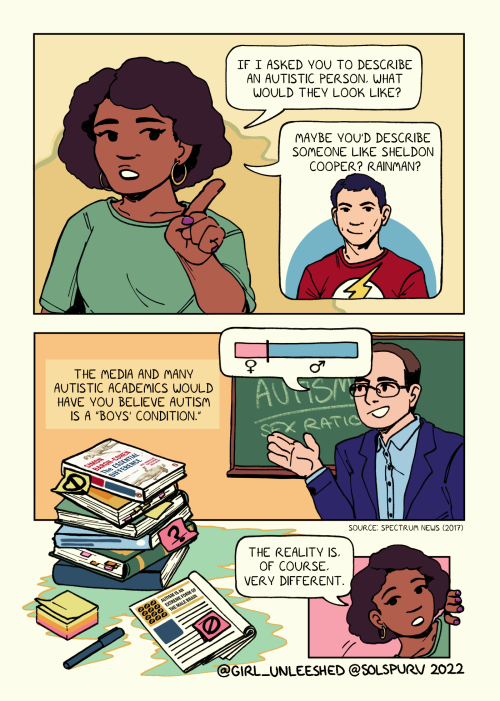
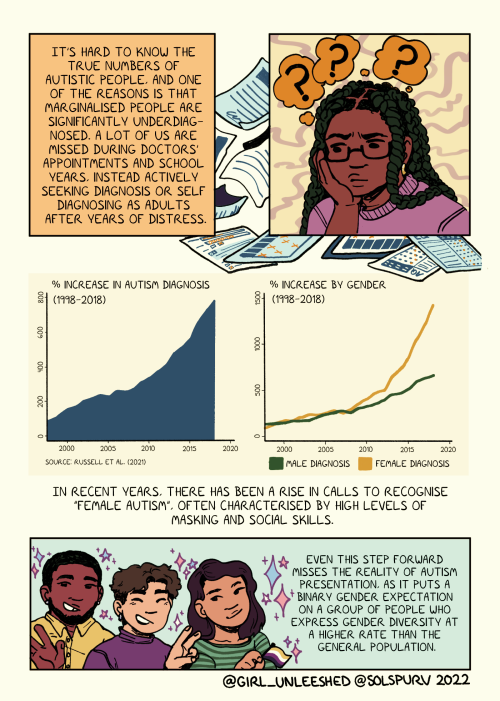
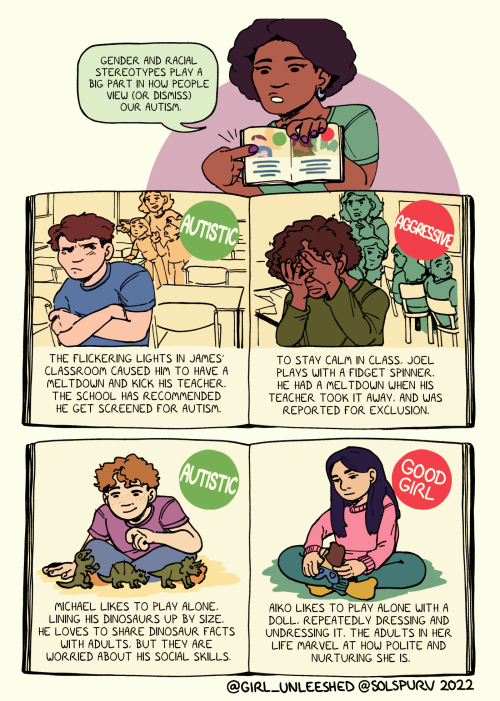

“The focus on cis white male presentations of autism creates a massive diagnosis barrier for marginalised people. Our actions are viewed differently depending on our race / gender etc. We need better representation in media and we need academics to understand and embed cultural nuance, not seek to further restrict diagnosis.” (@girl_unleeshed on Twitter)
Here’s the second comic I worked on for Autism Acceptance month! This comic is a collaboration with Leesha (@girl_unleeshed). Please check out her Twitter to read more of her awesome and thoughtful writing!
friendly reminder that bipolar ii isnt the “easy,” “soft,” or “lesser” bipolar disorder. just because we dont experience full-on mania doesn’t mean our experiences are somehow invalid.
hypomania has the power to ruin relationships.
depression has the power to ruin lives.
we end up hospitalized for depression.
we’re more likely to rapid cycle and contrary to popular belief, our depression can cause psychosis
our suffering is real and cant be discounted solely because we experience a lesser form of mania.
-
 notquitewoman liked this · 2 years ago
notquitewoman liked this · 2 years ago -
 surikecil liked this · 2 years ago
surikecil liked this · 2 years ago -
 stesseract liked this · 2 years ago
stesseract liked this · 2 years ago -
 mochaatnight liked this · 2 years ago
mochaatnight liked this · 2 years ago -
 sundancecity liked this · 3 years ago
sundancecity liked this · 3 years ago -
 crabbyman reblogged this · 3 years ago
crabbyman reblogged this · 3 years ago -
 crabbyman liked this · 3 years ago
crabbyman liked this · 3 years ago -
 digratia liked this · 3 years ago
digratia liked this · 3 years ago -
 still-awkward liked this · 3 years ago
still-awkward liked this · 3 years ago -
 sonic06pussy liked this · 3 years ago
sonic06pussy liked this · 3 years ago -
 candypieee liked this · 3 years ago
candypieee liked this · 3 years ago -
 chaoticallygray liked this · 3 years ago
chaoticallygray liked this · 3 years ago -
 wings-and-cherry-blossoms liked this · 3 years ago
wings-and-cherry-blossoms liked this · 3 years ago -
 holyfishloverfarm-blog liked this · 3 years ago
holyfishloverfarm-blog liked this · 3 years ago -
 uvcatastrophe reblogged this · 3 years ago
uvcatastrophe reblogged this · 3 years ago -
 uvcatastrophe liked this · 3 years ago
uvcatastrophe liked this · 3 years ago -
 sapphic-amaya liked this · 3 years ago
sapphic-amaya liked this · 3 years ago -
 walksamongstrain liked this · 3 years ago
walksamongstrain liked this · 3 years ago -
 littlefrogsstuff liked this · 3 years ago
littlefrogsstuff liked this · 3 years ago -
 woodlandwitch liked this · 3 years ago
woodlandwitch liked this · 3 years ago -
 madness147 reblogged this · 3 years ago
madness147 reblogged this · 3 years ago -
 madness147 liked this · 3 years ago
madness147 liked this · 3 years ago -
 yodaddysobipolar reblogged this · 3 years ago
yodaddysobipolar reblogged this · 3 years ago -
 amayabikuni reblogged this · 3 years ago
amayabikuni reblogged this · 3 years ago -
 creatureofthefay reblogged this · 3 years ago
creatureofthefay reblogged this · 3 years ago -
 creatureofthefay liked this · 3 years ago
creatureofthefay liked this · 3 years ago -
 kawaii-killsuit liked this · 3 years ago
kawaii-killsuit liked this · 3 years ago -
 erivalle reblogged this · 3 years ago
erivalle reblogged this · 3 years ago -
 it-was-audhd-not-bipolar reblogged this · 3 years ago
it-was-audhd-not-bipolar reblogged this · 3 years ago -
 stayoutofthewater reblogged this · 3 years ago
stayoutofthewater reblogged this · 3 years ago -
 bemybabymp3 liked this · 3 years ago
bemybabymp3 liked this · 3 years ago -
 harleyquincess reblogged this · 3 years ago
harleyquincess reblogged this · 3 years ago -
 justabipolarprincess reblogged this · 3 years ago
justabipolarprincess reblogged this · 3 years ago -
 justabipolarprincess liked this · 3 years ago
justabipolarprincess liked this · 3 years ago -
 kyra326 reblogged this · 3 years ago
kyra326 reblogged this · 3 years ago -
 gothcowboygirl liked this · 3 years ago
gothcowboygirl liked this · 3 years ago -
 the-ivory-morning liked this · 3 years ago
the-ivory-morning liked this · 3 years ago -
 pink-sativa reblogged this · 3 years ago
pink-sativa reblogged this · 3 years ago -
 hereinmyownskin liked this · 3 years ago
hereinmyownskin liked this · 3 years ago -
 bipolarventing liked this · 3 years ago
bipolarventing liked this · 3 years ago -
 im-no-flyer reblogged this · 3 years ago
im-no-flyer reblogged this · 3 years ago
